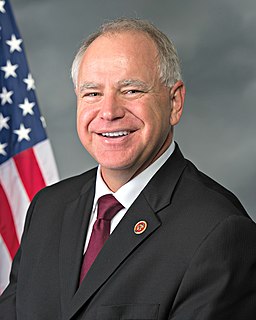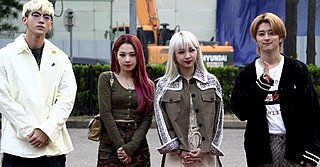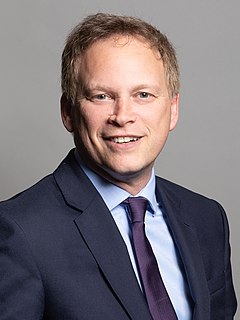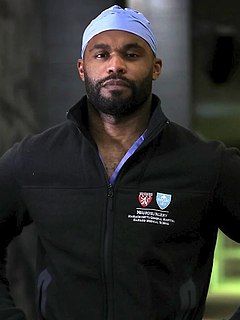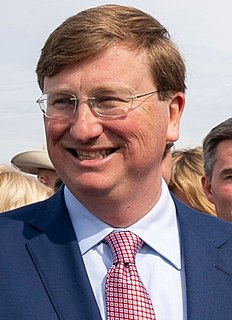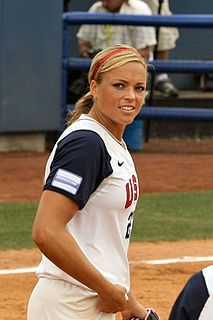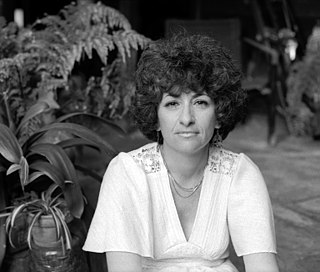A Quote by Luciana Berger
The nature of most Covid-19 deaths, in hospital or a care home away from family and friends, has made it worse for the people they leave behind. In the absence of the traditional rites and rituals of funeral and mourning - the opportunity to just share a hug - the process of bereavement has been made even harder to bear.
Related Quotes
When the brave men and women who serve our nation in uniform leave to deploy overseas, they dont just leave behind their family and friends, often times they leave behind jobs and livelihoods as well. After the sacrifices they have made, making sure that they have access to a good paying job to support their families when they return is the least we can do.
All rituals are paradoxical and dangerous enterprises, the traditional and improvised, the sacred and the secular. Paradoxical because rituals are conspicuously artificial and theatrical, yet designed to suggest the inevitability and absolute truth of their messages. Dangerous because when we are not convinced by a ritual we may become aware of ourselves as having made them up, thence on the paralyzing realization that we have made up all our truths; our ceremonies, our most precious conceptions and convictions - all are mere inventions.
I grew up in a very religious family, so that was never going to leave me. I just accepted it over the years. Although I'm not religious myself, it is so much a part of me. It's a part of my history, a part of my tradition and my culture, so I don't want to just throw it away and leave it behind, because it's made me who I am today.
If our communities and our country truly want to keep our citizens healthy and safe, we must invest in a strong, resilient, and diverse healthcare workforce. This reality has been made abundantly clear by the selfless, around-the-clock contributions of doctors, nurses, and long-term care workers during the COVID-19 crisis.

